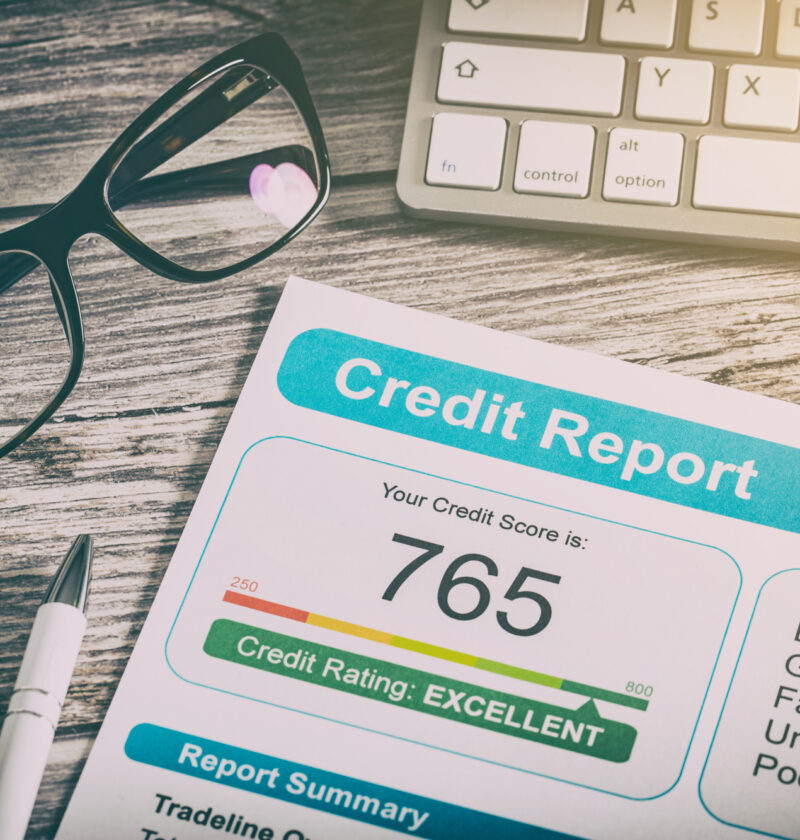In one study done by the FTC, 5% of consumers said that they had errors on their credit reports.
While it may not be incredibly common, it could happen to anyone, especially if your credit card number or other identifying information was compromised.
If you do have compromised credit, you may need to learn about credit law. Thankfully, we’re here to help you learn everything you need to know, so keep reading!
Contact Credit Card Company
You should ask the credit card company to tell the credit reporting agency that they need to remove the incorrect data from your credit report.
There are many templates for letters you can send online, but you can also draft your own. The creditor should send you back a letter agreeing that the card info or charge is wrong. Save a copy of that letter in case they never follow up with the credit report agency.
If they say that your information is not an error and you believe it is, you should try and escalate the dispute. You can also try providing more information first. If that doesn’t work, ask to talk to the president or the CEO of the company because you believe your dispute wasn’t properly investigated.
If the company still won’t assist you, you can try contacting the credit reporting agency and handling it through them. The three main credit report sites are TransUnion, Experian, and Equifax.
Open a Dispute
This is a similar process whether you’re doing it with a credit report agency or a credit card issuer. However, the main difference is that with a credit card agency, they’ll dispute it and this will show up on your report as well.
By submitting a dispute, you want the creditor or the credit reporting agency to look into your claim. The Fair Credit Reporting Act says that they have to.
The creditor also has to respond to you between thirty to forty-five days of when you started the claim and let you know what their investigation finds.
Wait for an Investigation
One of the hardest things to do is waiting for the results of the investigation. You may have to wait over a month, and even after a month, the credit bureau might decide that your dispute is “frivolous.”
This means that you may have submitted information that wasn’t correct or was incomplete and they couldn’t finish investigating the dispute.
However, in some cases, it might also mean that you’ve tried to open a dispute multiple times on the same thing but haven’t provided any new information. You may have also not attached any proof that it wasn’t you who made the incorrect charges.
When they determine that your dispute is frivolous, they don’t have to investigate anymore. They just have to tell you their decision within five business days of coming to that conclusion.
If you did get a frivolous decision, that means you need to find new information and try to submit the claim again.
Send Additional Information
When the credit bureau does an initial investigation, they normally aren’t very thorough. They’ll basically just call the creditor or the reporter and ask if the information is true or not.
They may not ask for much documentation, and your initial dispute could just be denied because of the lack of information found or provided.
If your first dispute gets declined, you will then need to escalate another report. For example, the TransUnion takes supporting documentation including canceled checks, accurate statements, bills, or letters from a creditor.
Check Your Report
If your dispute was actually accepted, it will take a while to see the updated report appear. Each credit bureau has a different updating cycle, and it depends on when the furnisher sends new information to them.
However, if it still doesn’t show up after a few months, you should contact the bureau and ask them why it’s not there.
If you want, you can also decide to add a statement to your credit report that explains what happens. This way, if anyone checks your credit, they’ll be able to get a full picture of what happened.
The credit bureau can decide to edit your comment, but if you keep it very brief and around one hundred words, they’re less likely to edit it.
Consider Suing
If someone made a lot of damage to your credit and identity, you could also consider suing. This happens often if your credit reporting agency won’t update the information even after you’ve requested corrections.
This is against the Fair Credit Reporting Act, and an FCRA litigation lawyer can help you file a complaint.
You may also want to consider suing a creditor who had supplied the wrong information. Depending on what the violation was, you could win on punitive damages, actual damages, statutory damages, or even court costs.
Learn More About How Credit Law Can Help You
These are only a few things to know about credit law and how you can use it to clean up your credit, but there are many more things to keep in mind.
We know that building your credit can be stressful, but we’re here to help you out.
If you enjoyed this article, make sure that you explore our website to find more articles just like this one.







